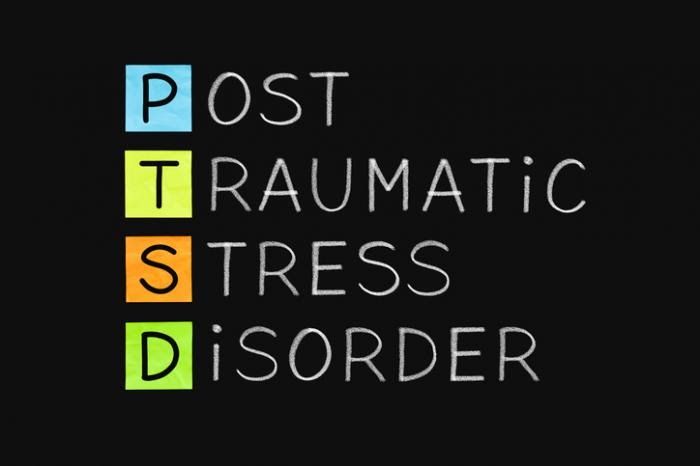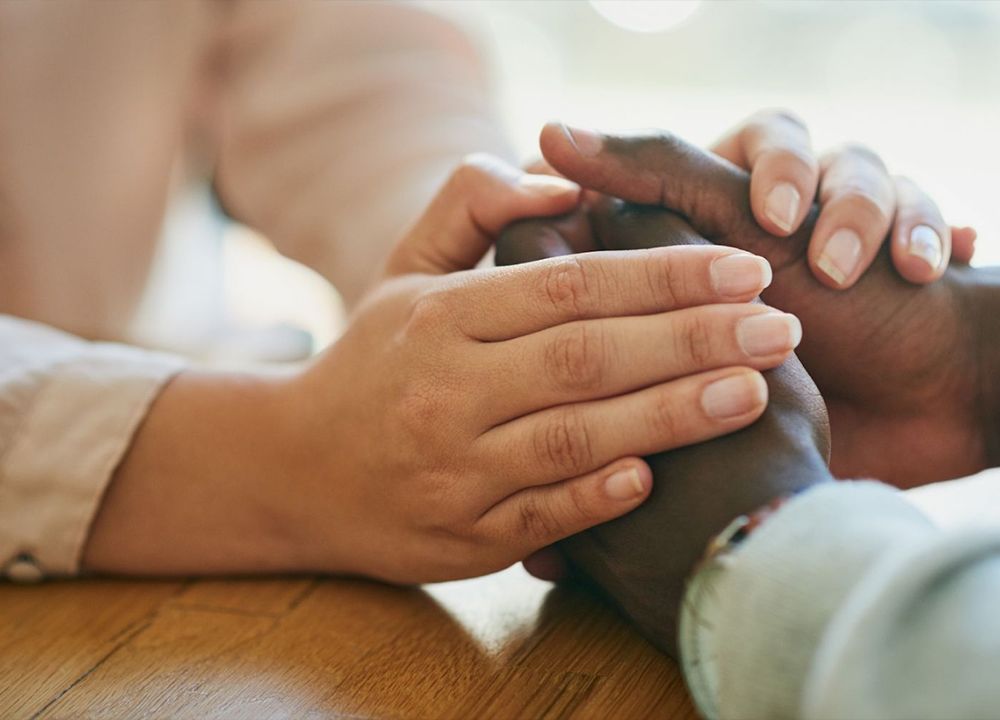Dealing with A Person with PTSD
Post-traumatic stress disorder or PTSD occurs when one has experienced a trauma. Trauma can be an emotional or physical shock, and it leaves a person wholly shattered, afraid, helpless, and out of control. Many people, be it young and old, have experienced traumatic experiences, and have PTSD. PTSD is caused by experiences like:
- Witnessing violence
- Witnessing disaster or losing a loved one
- Serving in military combat zones
- Being a victim of domestic violence
- Experiencing a severe accident
- Bullying
- Experiencing a disaster
However, PTSD doesn’t occur in every person who has experienced trauma. Even though more than half of the people experience trauma, only a tiny percent develop PTSD. Though the timeline of the actual trauma experience is short or long, the effects of that horrible experience can last for a long time. This is what makes Post Traumatic Stress Disorder (PTSD) more challenging. Again, symptoms of a person will PTSD may not occur immediately after the trauma, and it may show up after years in the behavior of the person.
 PTSD
PTSDSymptoms of PTSD
There are several signs, and symptoms shown by people who have PTSD:
- Being upset by remembering or memories of the trauma
- Experiencing nightmares, flashbacks that make the person feel they are experiencing the trauma again
- Feeling emotionally detached from everyone
- Feeling numbness or losing interest in life and things around
- Being depressed at all times
- Fear and thinking that they are in danger always
- Feeling anxious or jittery
- Panicking often
- Experiencing insomnia
- Facing difficulty focusing on things
It is difficult to relate or identify a PTSD person at one go. One needs to understand the symptoms and recognize them and help them to overcome the trauma and the memories associated with it. Also, it is essential to remember the following points while dealing and being with a person having PTSD:
- PTSD: a Chronic or Curable Condition?:PTSD is a chronic condition and can be managed through treatment. With proper and effective treatment, the effects of the person with PTSD can be reduced and even eliminated, though the memories of the trauma cannot be erased. Also, adequate treatment can help the person regain control over thoughts and life from the symptoms of PTSD.
 PTSD
PTSD- PTSD is not a choice: PTSD is a mental situation and is not a choice, just like other psychological situations and illnesses. The person must show kindness and compassion when they are with the person who has PTSD and see the symptoms of PTSD.
- Never push, coax, or cajole a person with PTSD into treatment: While it is essential to suggest a person with PTSD for treatment and medication, one shouldn’t push or coax them for treatment. In the end, they have to seek treatment for themselves.
- Consider getting a therapy dog: A therapy dog can effectively provide the person with PTSD a sense of security, calming effects, and physical exercise that the person needs. Therapy dogs are trained for that, to stop panic attacks and help a person get calm. A therapy dog can also help the person get better sleep, be their guard, and wake them up if they sense any problem.
- Never ask insensitive questions: Never ask questions about the trauma, it will only trigger PTSD more. It is entirely up to the person to share the trauma experience with you, if and when they feel right to do so.
- Honor individual choices: It is essential to give space to the person and respect personal choices and preferences. Also, understand that their behavior does not necessarily indicate their true feelings; it is because of their experience and the PTSD symptoms.
- PTSD is real: Just because you can’t see the symptoms of PTSD doesn’t mean it is fake, it is real! Every individual deals with the trauma experiences in their way. Never judge the individual, instead show compassion and support.
- Meet them where they are: A person with PTSD may not want to move out of the house, as it may trigger memories, and they may want to stay away from social interactions. Respect that and meet them wherever they are.
- Treat them normally: A person with PTSD is average, help them get better faster by treating them usually. Awkward behavior and distancing them won’t help at this time
 PTSD
PTSDDealing with a person with PTSD is difficult, and will take the person through many tests and trials, even to the best of relationships. It is essential to learn more about PTSD so that you can deal with the person more effectively. That way, you would be able to offer better emotional support, understanding, love, patience, and encouragement to the person and help them recover faster from the symptoms of PTSD.
Also Read; Are Introverts Better Dating Partner Than Extroverts?

